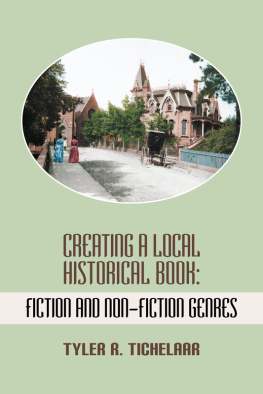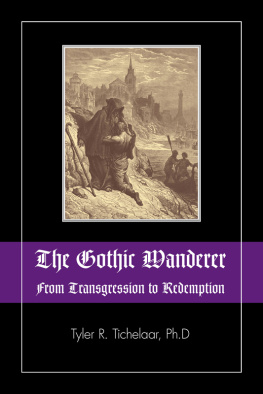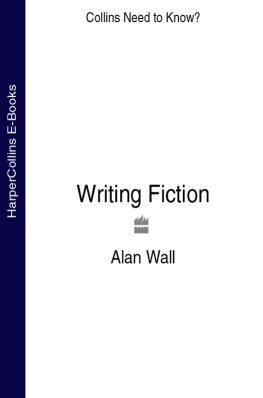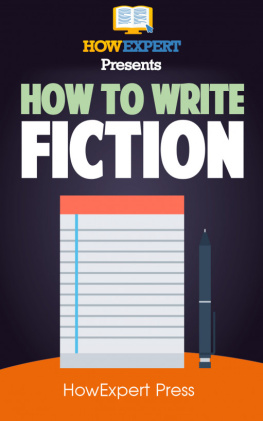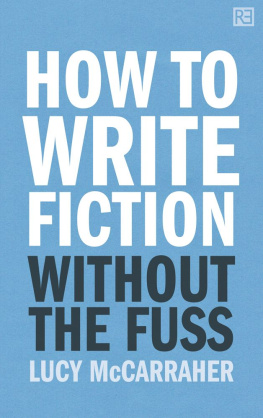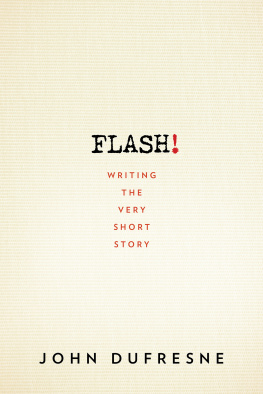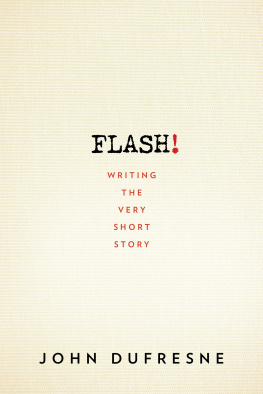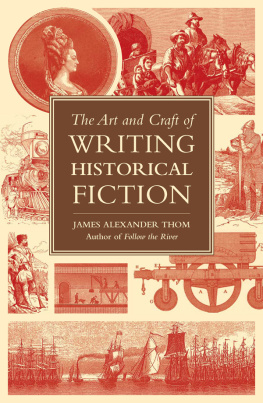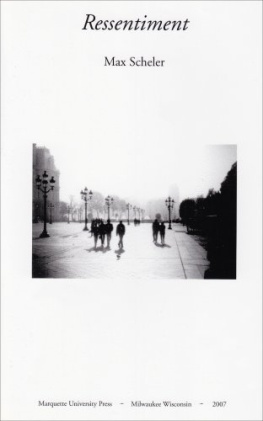Creating a Local Historical Book: Fiction and Non-Fiction Genres
Copyright (c) 2012 by Tyler R. Tichelaar. All Rights Reserved.
Cover photo: Ridge and Blaker Streets, Marquette, MI circa 1910. Courtesy of Jack Deo, Superior View.
ISBN-13 978-1-61599-178-5 (paperback)
ISBN-13 978-1-61599-179-2 (eBook)
Modern History Press
5145 Pontiac Trail
Ann Arbor, MI 48105
www.ModernHistoryPress.com
Fax 734-663-6861
Tollfree USA/CAN 888-761-6268
London, England: 44-20-331-81304
Contents
List of Pictures in this Book
Creating a Local Historical Book
The following article is based on a transcript of the February 2011 interview of Tyler R. Tichelaar on Authors Access podcast with hosts Victor R. Volkman and Irene Watson. Due to the intense public response to this broadcast, we have made it available in this form for your enjoyment. You can still listen to the original recording by visiting the archive page at
http://www.authorsaccess.com/category/genres/historical-books
Legend: Tyler Tichelaar (TT); Victor Volkman (VV); Irene Watson (IW)
IW: Good evening, ladies and gentlemen, and welcome to Authors Access, where authors get published and published authors get successful. Hi, I am Irene Watson and I am the managing editor of Reader Views.
VV: And I am Victor Volkman from Loving Healing Press in Ann Arbor, Michigan. I would like to welcome all our listeners to episode number 129 in our series. Tonights topic will be Creating a Local Historical Book with special guest Tyler Tichelaar. You can learn more about our guest on the Authors Access website, which is: authorsaccess.com.
Tonight we are on the line with Tyler R. Tichelaar, a seventh generation Marquette, Michigan resident, who has written five novels with many more to come, all set in Upper Michigan, including: The Marquette Trilogy, the award-winning Narrow Lives, and the most recently published, a history of Marquette entitled My Marquette: Explore the Queen City of the North, Its History, People, and Places.
Tyler has a PhD in Literature from Western Michigan University and Bachelor and Masters degrees from Northern Michigan University. He has lectured in Writing and Literature at Clemson University, the University of Wisconsin, and the University of London. Tyler is also a regular guest-host on our showwhich you knowand the President of the Upper Peninsula Publishers and Authors Association. He is the owner of Marquette Fiction and Superior Book Promotionsa professional book review and editing and proofreading service. Besides writing about Upper Michigan, he is interested in the Arthurian legends, and recently published King Arthurs Children, a study of treatments of King Arthurs children in literature from medieval times to twenty-first century novels. Tyler currently lives in Marquette, Michigan, where the roar of Lake Superior, mountains of snow, and sandstone architecture continue to inspire his writing. Good evening, Tyler!
TT: Hi, Victor and Irene, its great to be here. It is different being on the other side, not being the host.
IW: [laugh]. Yes, I can well imagine this, and this is really interesting to be talking to you. You are a very diverse writer, from fiction to all of a sudden the My Marquette that you wrote, which is non-fiction. Although it is historical as your other three books wereThe Marquette Trilogybut this is really different because it is not fiction. Let me start off immediately just talking about what kind of different types of research did you have to do in comparison to doing the fiction, which was historical, to the non-fiction?
TT: OK, sure. In writing, a lot of it overlapped, and in writing the novels, I basically did almost all the research. I would say probably about 80 percent or so of the research into My Marquette also was used in my novels. The main difference, I think, is I did not have to be as specific in the novels; I did not have to pin down specific dates; I usually could link things, and just as long as I got the year, an event took place, that was close enough. Whereas with writing the non-fiction book, the thing that frustrated me the most was trying to pin down a specific date. I would read one source that would say, this happened on February 28th, and the next source would say February 25th, and the third source would say February 27th. I would have to dig back and figure out what their sources were and maybe look up the actual newspapers that covered the event back in the day. I would sometimes spend hours just trying to check one little date, just to make sure that it would be accurate. That took a lot of time and because I was writing about real peoplethe actual historical peopleI needed to do a lot more research into their backgrounds, especially since a whole section of my book is about historical homes in the area. There have been other Marquette history books, but none of them covered the historical residential district as thoroughly as mine has, and for me, that was the really exciting part of the book because I had always been fascinated by all these old Victorian homes and who would have lived in them.
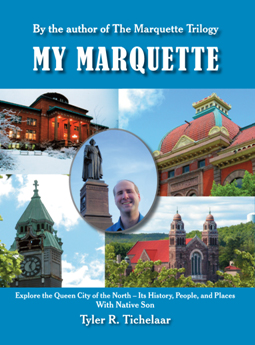
In researching them, I discovered that almost everybody, who lived on those couple of streets in Marquette, were all related to each other in some wayeither through blood or through marriage. So I spent all this time trying to sort out those family trees, to keep track of them. Then I made a genealogy chart, so people reading the book could follow who was who in the story, which was not something that I needed to do in my novelsthe historical people just made cameo appearances as I referred to somebody. Basically, I guess for the non-fiction books, a lot more time was spent ironing out the little details.
IW: So, you were writing novels. Why did you decide to write a local history book?
TT: Well, I really was never interested in writing a history book, partly because it seemed sort of an overwhelming task to do. And there had already been a couple of history books written about the area in the past. I initially wanted to write novels just because I thought that the area deserved to be treated on a higher level. The significance of it through all of American history needed to be made apparent, and I felt like the American Dream was really played out right here in Upper Michigan. And I kind of wanted to memorialize that and honor that in my novels. I thought I was doing something that was very unique for the area. The novels sold well enough, but the bookstoreswhen I brought the novels to themthey said, What we really need is a history of Marquette; thats what the tourists are asking for, and the histories that had been written were basically out of print at that point.
I hemmed and hawed about it; I did not really want to do it. I had thought about writing a book explaining all sorts of my thoughts and the reasons behind the way I had written the novels. And people were asking me to give them tours of the city. I thought, not everybody will be able to come to Marquette and have me give him a walking tour, so maybe it would be better if I wrote a book that was laid out as a tour book. And so My Marquette, the history book, ended up being laid out like a tour book. Rather than telling the whole story chronologically, the book logically takes readers from place to place, so that you could walk around, and I would tell you the history of the building, or the house, park, whatever the case was. Once I did that, I felt more comfortable with it and I wanted to personalize it too, and say not just, These are the events that happened, but This is why this place matters to me. So I made it very personal, I talked about growing up in the area, I talked about things that my family had done: my grandpa building the post office, my ancestorsthey helped to build up the Methodist Church, different things along those lines.
Next page
